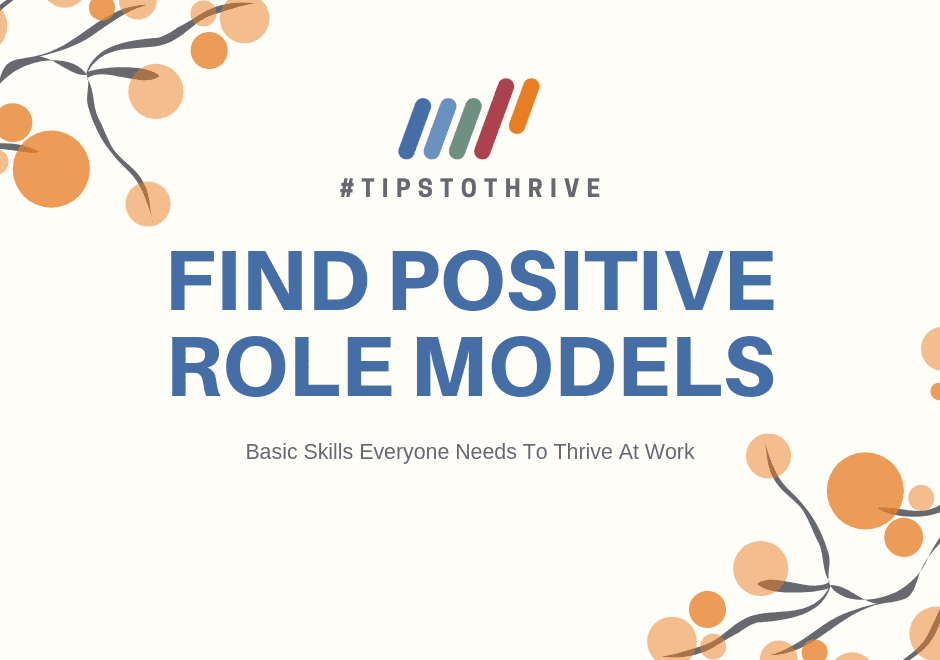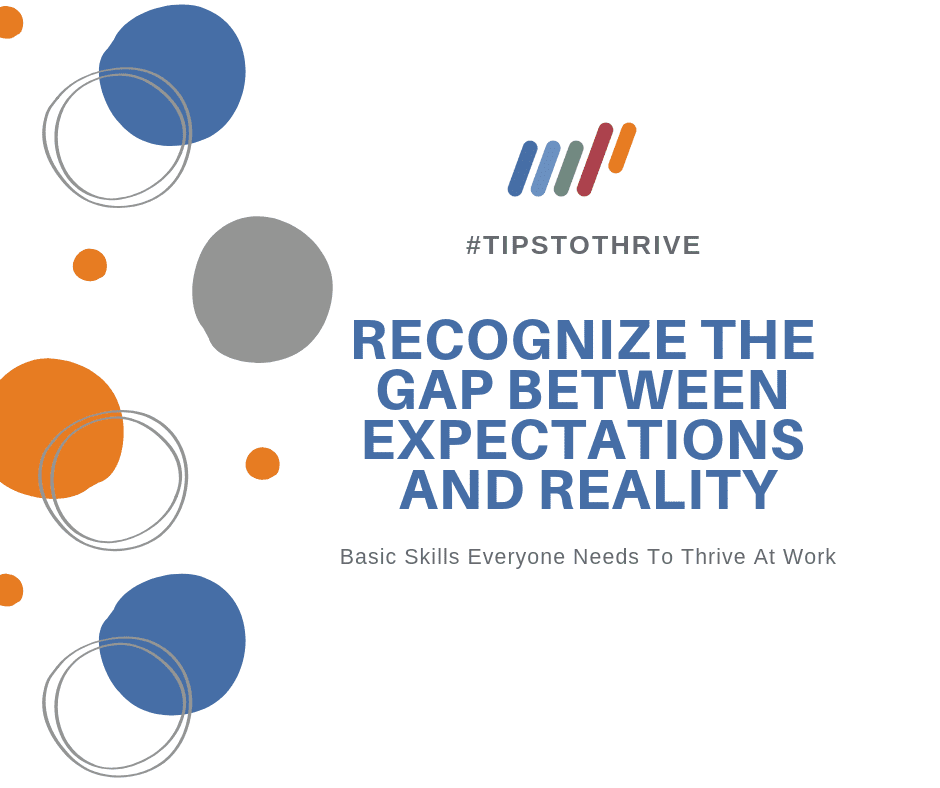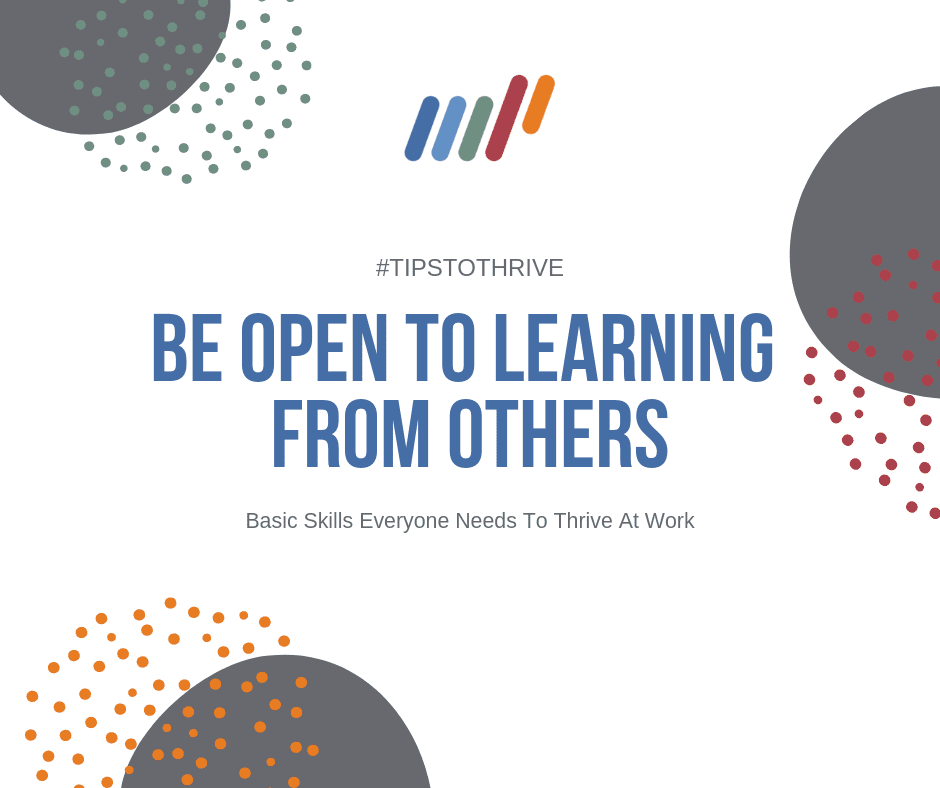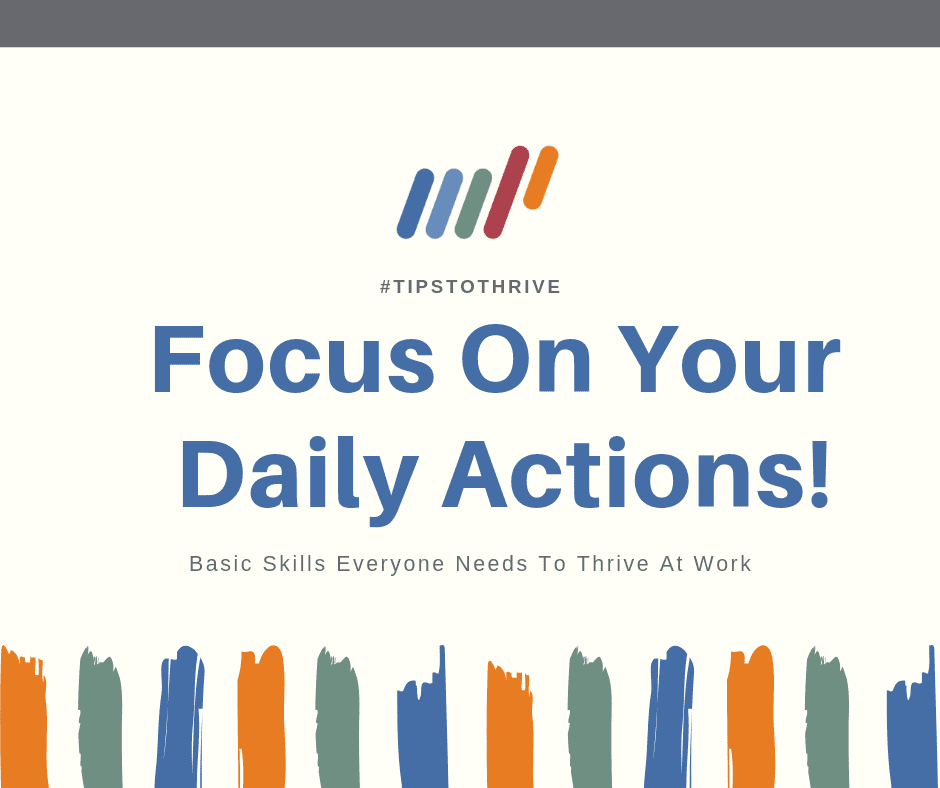Back to Basics: Work Ethic and Your Job Search

If you take a look at any hiring manager’s wish list, you’re likely to find ‘work ethic’ somewhere at the top, and with good reason. A strong work ethic is an important part of any successful employment relationship; it builds a level of professional trust and respect by showing that you are hardworking, reliable, and committed to doing your job and doing it well. If you posses it, your career journey is likely to present you with more opportunities, but if you lack it, you’re more likely to face barriers when trying to find or maintain employment. Here are some tips for demonstrating a strong work ethic while job searching to help you put your best foot forward:
Don’t wait for the right opportunity to find you.
People with a strong work ethic make finding work a priority, often viewing the job search as a job of its own. Ultimately, your career is in your hands, so it is up to you to take ownership of your job search by taking action and being thorough and persistent in your pursuit of employment opportunities. Don’t put all of your eggs in one basket by submitting an application and then waiting to hear back; proactively explore multiple employment resources like job boards, career fairs, and even networking events to increase your likelihood of securing a job in a timely manner.
Understand wants versus needs.
As a job seeker, looking for a job that meets your needs makes perfect sense – it’s important to do what’s best for you, your family, and your career. Take inventory of your needs before you conduct your job search, and make sure you can clearly distinguish your true needs (the non-negotiables that you can’t live without) from your wants (the nice-to-haves that aren’t necessarily deal-breakers). Needs and wants vary from person to person depending on their unique circumstances, and there’s no ‘wrong’ answer for either category – it’s just a matter of your priorities. If you are currently unemployed and your priority is to secure a job as soon as possible, it may be necessary to make reasonable sacrifices with your wants. If a job opportunity comes along that meets the vast majority of your true needs, what areas are you willing to compromise on? You may decide that working an occasional Saturday or earning slightly less per hour is worth the stability and peace of mind that immediate employment can bring you. Bottom line: only you know what makes the most sense for your situation, so enter your job search with self-awareness and realistic expectations.
Be strategic in your approach.
While taking a broad approach in your job search is important, strategy is important too. Applying to any and every job without regard for the job duties or necessary qualifications is not a strategy for success; it dilutes your efforts by taking energy and focus away from more promising opportunities, depletes morale when you’re still not hearing anything despite your high volume of applications, and may send the message to employers that you’re not paying attention to what you’re applying for. To increase your chance of success and show that you’re taking your job search seriously, carefully read the job advertisements of every job that you plan to apply to. This will help you develop a deeper understanding of what the job is and how you can add value to it so that when you apply, you can better position yourself as the candidate of choice.
Avoid chronic job-hopping and multiple lengthy employment gaps.
Life happens; maybe there was an emergency or change in life circumstances that required you to switch jobs or be out of work for a period of time. Hiring managers understand this. But if your resume shows a long term trend of this happening over and over again, it may leave them wondering if the trend is due to a lack of work ethic. So whenever possible, try to establish some longevity in each of your jobs, and avoid leaving a job before securing another one. Think carefully about your strengths, weaknesses, work preferences, and career goals before accepting a job to help minimize job dissatisfaction and turnover. Taking these steps will help you build a solid work history that you can be proud of, provide you with a strong resume that demonstrates reliability and work ethic, and improve your future job prospects.



















 No matter where you are at in your career; it is the soft skills that you bring to the work environment that can make the difference. From front-line workers to CEOs, there are core foundational workplace skills that every employee needs to embrace and improve upon. Skills such as self-awareness, time management, and digital etiquette are just a couple examples of the skills that each of us need to possess in order to thrive in the world of work.
No matter where you are at in your career; it is the soft skills that you bring to the work environment that can make the difference. From front-line workers to CEOs, there are core foundational workplace skills that every employee needs to embrace and improve upon. Skills such as self-awareness, time management, and digital etiquette are just a couple examples of the skills that each of us need to possess in order to thrive in the world of work. 

 The last two months of every calendar year have a familiar and energizing feel of celebration. From Thanksgiving to the New Year, our thoughts often revolve around feelings of gratitude, accomplishment, and exciting of the possibilities the coming year will bring. You don’t have to break all-time records in order to have something to celebrate, but if accomplishment is what you are after – there are a few things you have to do in order to set the stage.
The last two months of every calendar year have a familiar and energizing feel of celebration. From Thanksgiving to the New Year, our thoughts often revolve around feelings of gratitude, accomplishment, and exciting of the possibilities the coming year will bring. You don’t have to break all-time records in order to have something to celebrate, but if accomplishment is what you are after – there are a few things you have to do in order to set the stage.



